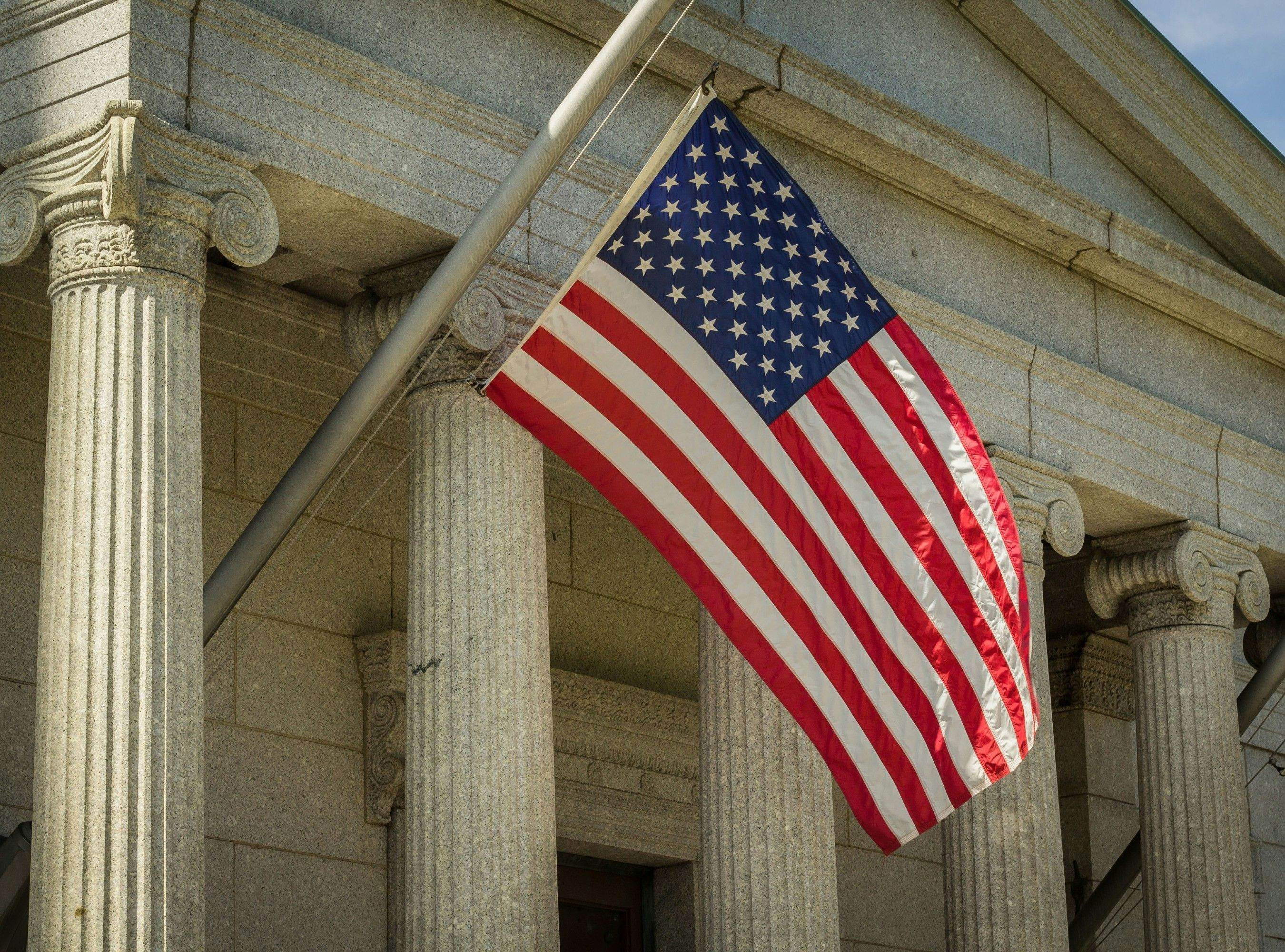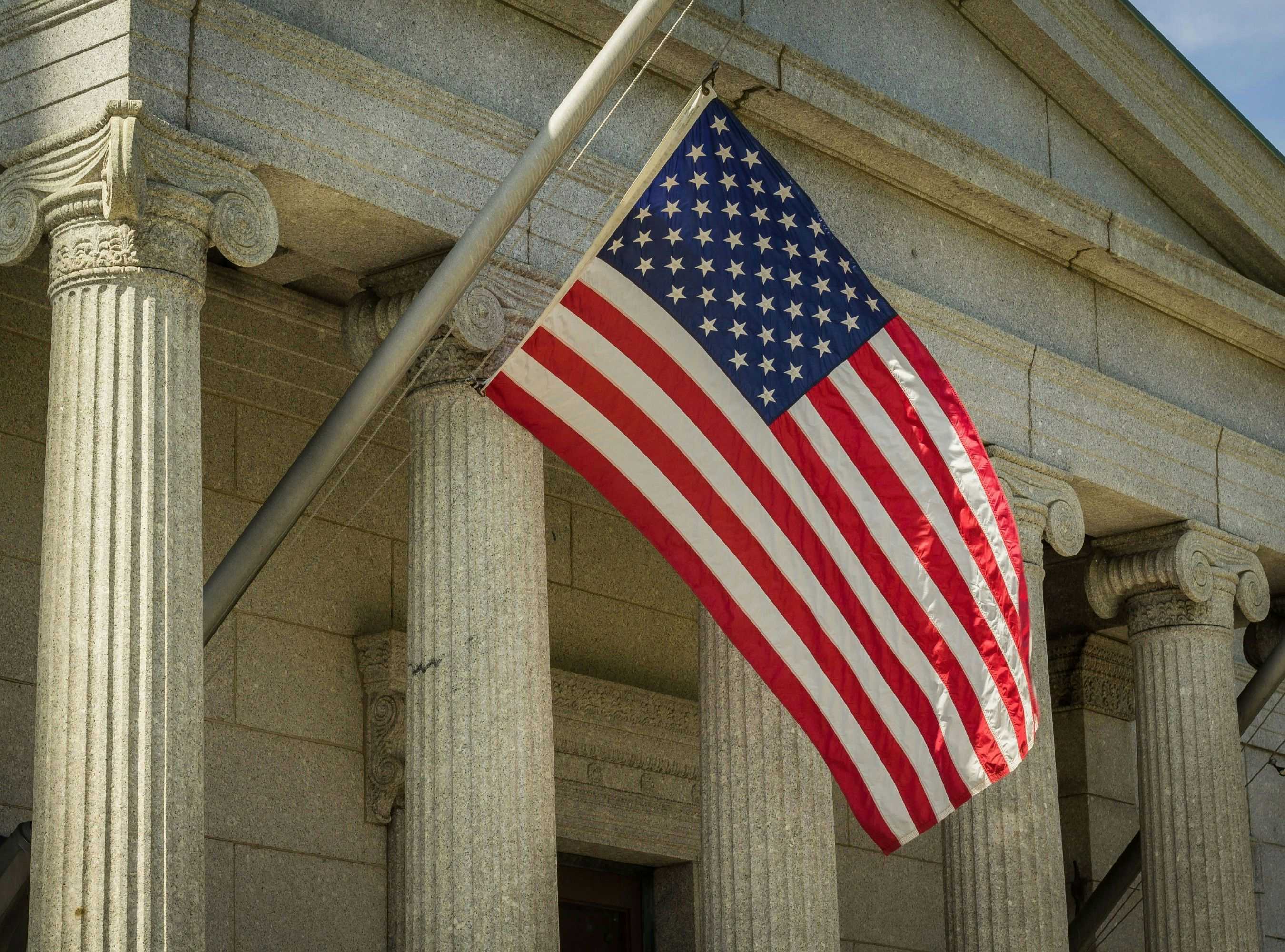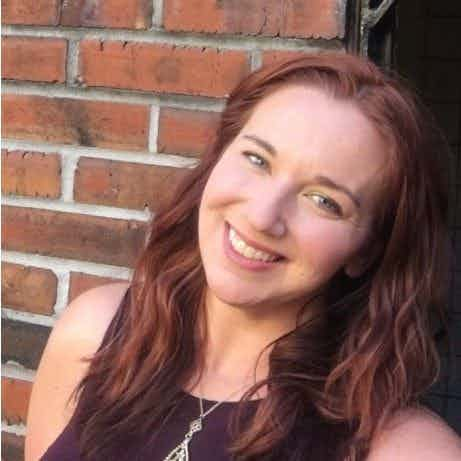An expert witness’s role is to break down complicated subjects so that triers of fact can make informed decisions. However, sometimes even the most reputable experts in a particular field are not necessarily the best ones for trial. For instance, when choosing an expert, unquantifiable characteristics such as honesty and likeability might be the deciding factor.
But before attorneys get that far, they first need to make sure an expert meets their state’s expert witness admissibility guidelines. If these state-specific expert witness rules are left unexamined, litigators risk losing crucial ground in their case presentations. Expert witnesses themselves should also be aware of these all-important admissibility rules. After all, their professional reputation is on the line. Though the skeleton of expert admissibility rules is similar across the country, certain states add an extra hurdle or two. Here, we’ll cover what attorneys and experts should know about four of these state-specific hurdles.
Tennessee
Tennessee generally follows the Daubert standard for expert admissibility. But TN medical experts have a few extra requirements. Last year, the TN Supreme Court ruled on geographic and timing requirements. First, the expert must have worked in either the state of Tennessee or a bordering state. Second, the expert’s work must have been done the year of and the year before the incident in question.
This rule is not only restrictive geographically, but also chronologically. It does not matter if a witness is otherwise an expert today by Daubert standards. If they were not working previous to and at the time of the event, they do not qualify. However, this timing issue is particularly easy to miss and could present a major pitfall for experts and attorneys.
Florida
Florida has a reputation for inconsistent expert witness eligibility requirements. Most recently, in May 2019, the Florida Supreme Court ruled in favor of reinstating the Daubert standard. Legislators memorialized this decision in Florida’s evidentiary rules shortly thereafter.
Previously, in 2011, state legislators added an administrative hurdle for medical experts licensed outside of Florida. Out-of-state license holders must pay $50 and apply to obtain an expert witness certificate. If after 10 business days, an application is undecided, it’s approved by default. However, if the expert wants to rely on that default approval, they must then notify the courts of this intention. Once granted, the certificate is valid for two years.
To some, this added requirement is an attempt to keep non-resident experts from submitting testimony. Others see this as a way to block testimony from touching Florida’s biggest litigation topic: personal injury. On the other hand, it could just be an honest attempt to further regulate who is influencing fact finders in the state.
Alabama
Like most other jurisdictions, Alabama also sticks closely to the Daubert standard. But Alabama has joined Tennessee and Florida in adding an interesting spin to its expert requirements. Firstly, the expert must have been working in their field at the time of and two years before the incident. Most notably, the expert’s credentials must be “similarly situated” as the opposing expert’s. For example, if a physician witness is board certified, the opposing expert must be certified by the same board.
As a result, attorneys face a daunting task in finding the right expert witness. They must remain apprised of the opposing witness’s credentials before they can nail down their own expert’s profile. Plus, attorneys must adjust their expert choice should opposing counsel replace an expert and the credentials no longer match.
Pennsylvania
Pennsylvania differs from the previous three states in that it follows the Frye standard for general expert witness admissibility. From its Frye baseline, Pennsylvania takes those rules further. From the outset of a case, an expert is required to sign a certificate of merit. Here, both the expert and attorney must sign the certificate based on a written expert testimony. If the legal team does not submit the certificate, the court will likely dismiss the case with prejudice.
Should the expert slated to testify at trial not be available for the certificate, there is recourse. The expert giving the written statement can be a different person. However, that is only as long as they have the same qualifications to testify at trial.
Final Thoughts
As attorneys and industry experts, we know the value and necessity of stringent regulations. These strange state-by-state expert witness rules only support that fact. And yet, it is still easy for professionals to lose track of so many stipulations. Regardless, it is crucial to overcome that and track every detail. With licenses to practice on the line for both witnesses and lawyers, there’s no better option.




